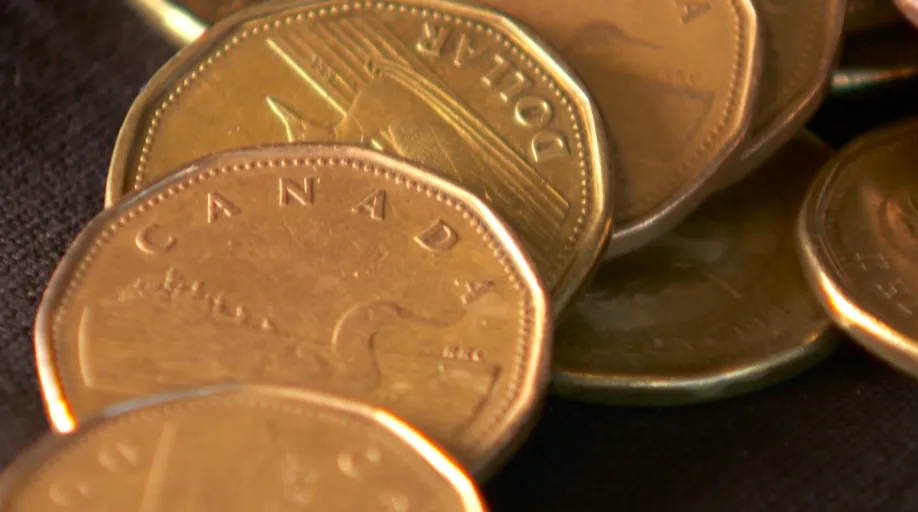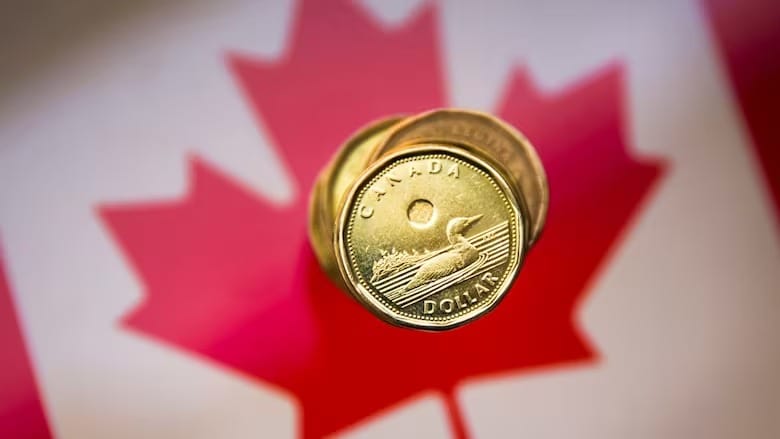How to steer your finances around a weak loonie — or even get ahead
The loonie is struggling, putting a premium on anything Canadians buy that comes with a price tag in U.S. dollars.

The Canadian dollar has been facing significant challenges, hovering around 69.5 cents USD, its lowest point in four years. This decline is impacting the cost of goods and services priced in U.S. dollars, affecting consumers, travelers, and investors. Experts have suggested strategies to help Canadians manage the financial strain and potentially benefit from the situation.
Causes of the Weak Loonie
The Canadian dollar has dropped approximately five cents compared to the U.S. dollar over the past year. Factors include widening policy rate gaps between the central banks of Canada and the U.S., along with political uncertainties, such as potential tariffs proposed by the incoming U.S. administration.
Forecasts for the loonie remain uncertain, though some predict a recovery in the latter half of 2025 if the Canadian economy stabilizes.
Tips for Consumers
Shannon Terrell, a financial expert, highlights areas where Canadians will feel the pinch most, such as online shopping from U.S. sellers, traveling to the U.S., and grocery shopping. Many food products imported from the U.S. are becoming costlier, compounding already high grocery prices.
To save money, Terrell advises focusing on locally sourced products and choosing domestic travel over international trips. For those traveling abroad or shopping in the U.S., she suggests credit cards that waive foreign transaction fees, which can save 2-3% per purchase. Setting up a U.S. dollar-denominated bank account can also reduce conversion costs for frequent cross-border transactions.
Investment Considerations
Allan Small, a senior investment advisor, emphasizes the importance of maintaining investments in U.S. markets, despite the weaker loonie. While a declining dollar makes U.S. investments pricier, consistent exchange rates during the purchase and sale of assets can still yield stable returns.
Small points out that Canadian companies might experience mixed outcomes. Businesses purchasing goods from the U.S. face higher costs, while exporters benefit from a stronger U.S. dollar, making their products more competitive internationally. The tourism industry in Canada may also see a boost as visitors from the U.S. and overseas find their money goes further.
Planning Ahead
Terrell advises Canadians to use this period of economic uncertainty to strengthen their financial resilience. Strategies include building an emergency fund, reviewing spending habits, and reassessing investment portfolios to stay prepared for any economic shifts.
As the Canadian economy works toward stabilization, experts recommend staying adaptable to both challenges and opportunities arising from the fluctuating loonie.





